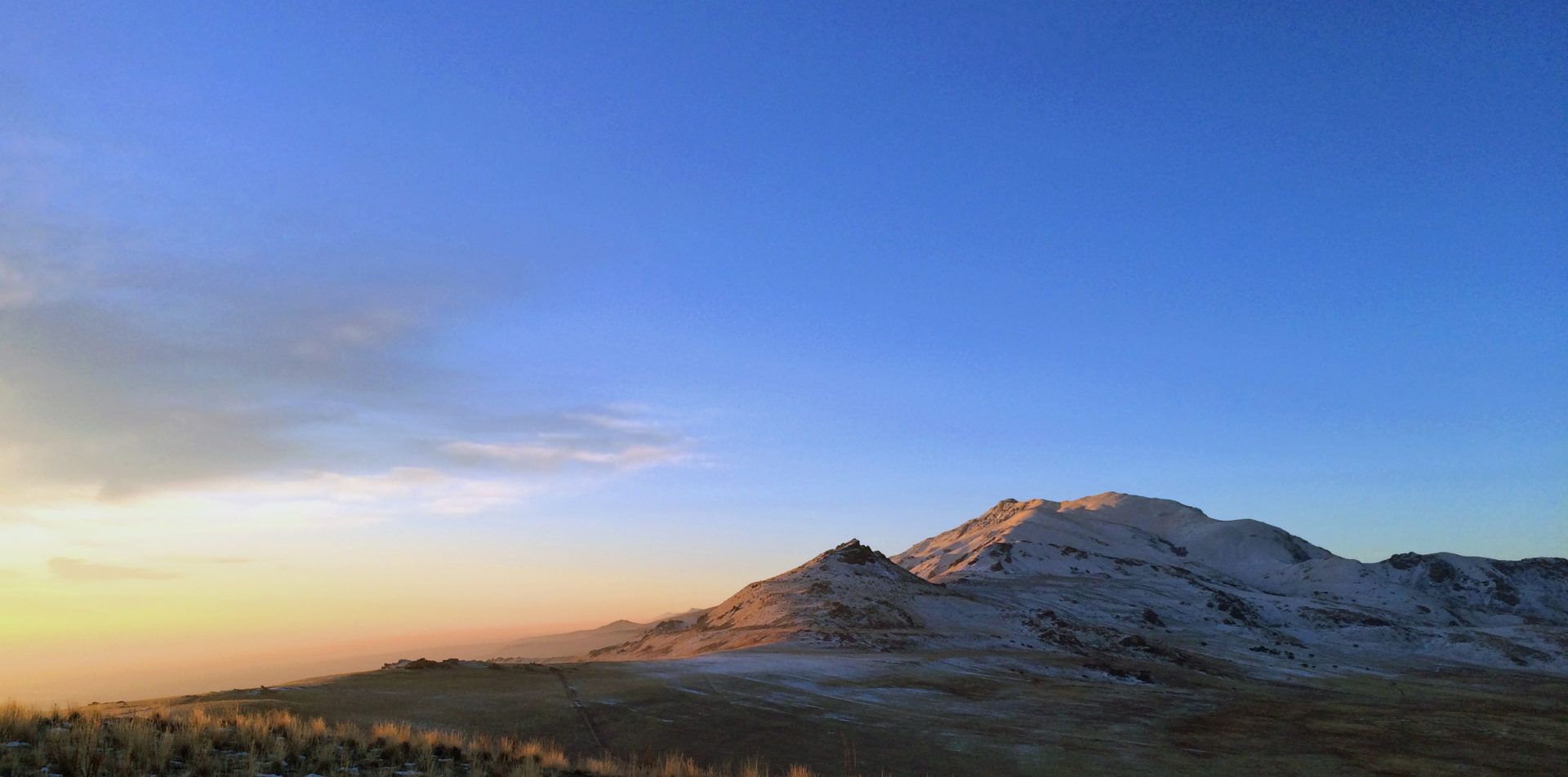Living Western History:
Periodic musings on Western history and its contemporary Implications
A few of you may know, when I started college as a History major, I abhorred the U.S. West – not as a region, I’m an ardent Western enthusiast, but its history. It just seemed to…unimportant. But, as fate would have it, I signed up for a 300-level undergraduate course entitled “The Western Expansion of the United States” (or something like that). There were 2 reasons I signed up for what I was sure would be the worst class of my career. 1. I had heard that professor – a young Jay Buckley – was brand new, and an easy grade; and 2. It was the only thing that fit into my schedule. I was sorely disappointed on the first account. Prof. Buckley was quite challenging. As for it being the worst class of my career – that also proved false. I got hooked and spent the next 8 years getting a B.A., M.A. and Ph.D. in Western history.
Why?
The first thing that drew me towards history was an 8th grade social studies unit Mr. Baglio at Whatcom Middle School did on the Holocaust. It really shook me. It felt like something important. Not dusty ‘ol history that doesn’t matter – but pressing issues that had real relevance in the present. And, this is why Western history seemed so horrible. As it had bee presented to me growing up, “The West” was John Ford and John Wayne. *shudder* I couldn’t stand that stuff. But then Prof. Buckley presented us the history of the 1864 Sand Creek Massacre. Wow. I was stunned. Indigenous history came alive and I immediately reflected upon the Indian reservations in my home county in Washington, and considered the topics of historical memory and trauma – realizing that Western History was very much alive today. This was the whole schtick that Patricia Limerick forwarded in her seminal The Legacy of Conquest back in 1987, isn’t it? “The West” didn’t cease to exist as a unique region with the supposed 1890 closing of the frontier. No! Legacies of the 19th century carried into the 20th and 21st.
So – I’m going to start another series here on the blog for news items, books, and other developments that serve to illustrate ways in which we are, still today, living Western history.
First up: something we are in dire need of out here in the west.

Clearly you were confused. Buckley’s no good for easy A’s, but he’s perfect for easy 3’s from behind the arc.